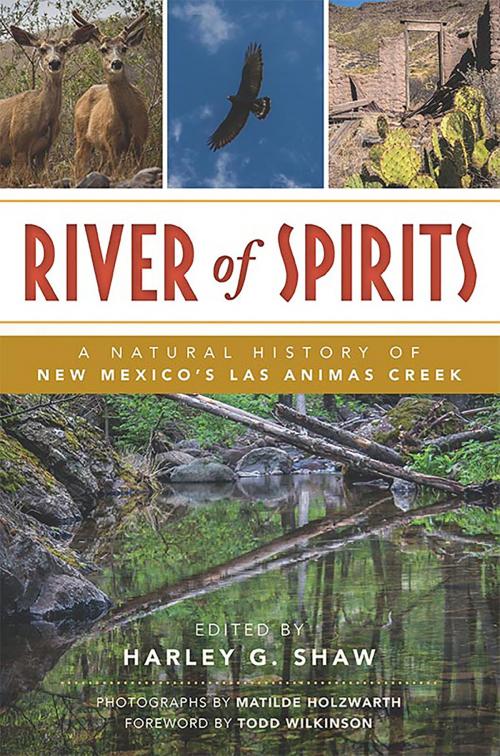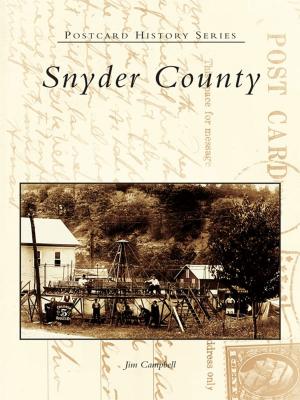River of Spirits
A Natural History of New Mexico’s Las Animas Creek
Nonfiction, Travel, Pictorials, Art & Architecture, Photography, History, Americas, United States| Author: | ISBN: | 9781439660171 | |
| Publisher: | Arcadia Publishing Inc. | Publication: | March 13, 2017 |
| Imprint: | The History Press | Language: | English |
| Author: | |
| ISBN: | 9781439660171 |
| Publisher: | Arcadia Publishing Inc. |
| Publication: | March 13, 2017 |
| Imprint: | The History Press |
| Language: | English |
Originating high in New Mexico's mysterious Black Range and flowing to the Rio Grande amid contorted, ghost-like sycamores, Las Animas Creek remains one of the least accessible landscapes in the nation. The watershed is best known as the site of Apache chief Victorio's last major battle with the U.S. Cavalry before his retreat and ultimate defeat by the Mexican army. Despite its geographic isolation, the watershed remains closely linked with the history of nearby Kingston, Hillsboro and Caballo. Once home to New Mexico's last grizzly, Las Animas sustains a diverse range of native plants and wild animals, including bison, prairie dogs and mountain lions, as well as a host of endangered species. Aldo Leopold Wilderness and Ted Turner's Ladder Ranch ensure it remains Rio de las Animas, the "River of Spirits." Wildlife research biologist Harley G. Shaw compiles a human and natural history of this remote ecosystem.
Originating high in New Mexico's mysterious Black Range and flowing to the Rio Grande amid contorted, ghost-like sycamores, Las Animas Creek remains one of the least accessible landscapes in the nation. The watershed is best known as the site of Apache chief Victorio's last major battle with the U.S. Cavalry before his retreat and ultimate defeat by the Mexican army. Despite its geographic isolation, the watershed remains closely linked with the history of nearby Kingston, Hillsboro and Caballo. Once home to New Mexico's last grizzly, Las Animas sustains a diverse range of native plants and wild animals, including bison, prairie dogs and mountain lions, as well as a host of endangered species. Aldo Leopold Wilderness and Ted Turner's Ladder Ranch ensure it remains Rio de las Animas, the "River of Spirits." Wildlife research biologist Harley G. Shaw compiles a human and natural history of this remote ecosystem.















